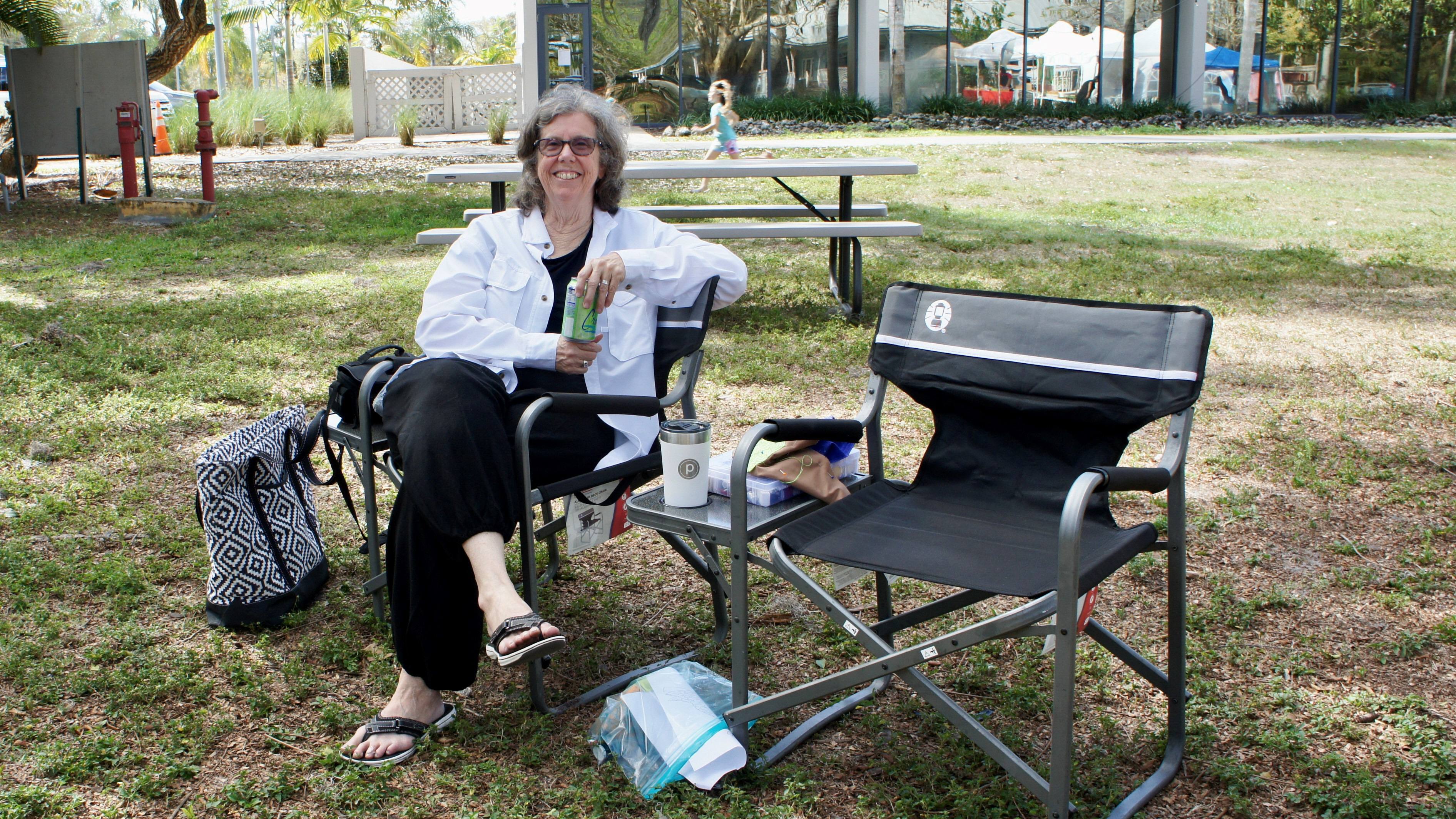Gastroenterology Patient Stories

April 16, 2023
As someone affected by chronic liver disease, Susan Parrott knows how it feels to live in uncertainty. But every few months, the anxiety and doubt[...]

January 18, 2019

September 17, 2018

August 29, 2018

July 31, 2017

May 19, 2017

March 30, 2017

February 17, 2017

December 16, 2016

November 10, 2016
Explore more topics
 Sign up
Sign up

Mayo Clinic Connect
An online patient support community
